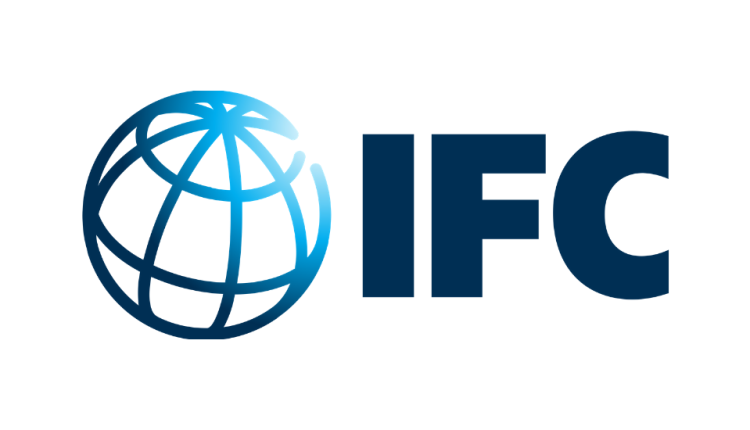BREAKING: Private Sector Leaders Seek Integrated Value Chains

At the recent IFC 2025 African Equity Forum in Lagos, themed “Unlocking Value and Scaling Investment in Africa’s Retail and Manufacturing Sectors,” policymakers, global investors, and industry leaders convened to assess Africa’s investment landscape and collaboratively develop strategies to strengthen local value chains.
In his keynote address, Chairman of McKinsey Africa, Acha Leke, outlined Africa’s economic evolution, noting the shift from early 2000s investor scepticism to today’s growing strategic interest, as detailed in his co-authored book Africa’s Business Revolution. He acknowledged macroeconomic challenges in countries like Nigeria and Egypt but highlighted data showing increased productivity, with 15 African nations now exceeding the continental average.
“More than half of the continent now lives above the poverty line, contributing to 40% of Africa’s GDP,” he stated. “The public and private sectors must actively seek growth opportunities rather than waiting for them to materialise.”
Farouk Gumel, Vice Chairman of TGI Group, during a discussion with IFC’s Sandiswa Makola, emphasised the need to recognise and integrate Africa’s informal rural economy into the continent’s value creation agenda.
“Africa’s trade with the world is around 2% or 3%,” Gumel remarked. “However, that’s not the complete picture. For Africa to engage more effectively, we must consider those who often feel excluded from trade discussions – the real Africa, comprising 3,000 tribes spread across this land. This is essential for genuine transformation.”
He underscored the significance of inclusive business models that do not marginalise the continent’s most vulnerable communities. He highlighted TGI’s commitment to rural job preservation and described their unconventional approach: a model of “strategic inefficiency.”
“At TGI, we practise what we term ‘strategic inefficiency.’ It may seem counterintuitive, but limiting certain forms of automation helps protect livelihoods in rural areas. For every tractor introduced, jobs are lost per hectare. In regions with limited education or alternative income, mechanisation can devastate lives,” he explained.
“When we use drones for spraying agrochemicals or automate core processes, we risk excluding entire communities from the value chain. When people are cut off from production, demand ultimately declines. Maintaining manual, community-driven processes is not a flaw—it’s a feature of inclusive development.”
Gumel’s insights highlighted the long-term value of integrating communities into the business ecosystem, fostering trust, stimulating demand, and encouraging sustainable growth.
During other panels, speakers such as Rozita Kozar (Manager, IFC); Imokha Ayebae (Finance Director, Fidson Healthcare Plc); Danladi Verheijen (Cofounder and Managing Partner, Verod Capital), Dinesh Rathi (Group Finance Director, Tolaram), Mehdi Charfi (Managing Partner, SPE Capital), and Mark Tindall (CEO, Tana Africa Capital) discussed the roles of SMEs and manufacturing in shaping Africa’s economic landscape.
The event concluded with a collective call for policy coherence, intra-African collaboration, and establishing local capital structures to ensure investment returns are reinvested within the continent. Stakeholders agreed that Africa’s retail and manufacturing future hinges on finance, bridging institutional gaps, and investing in interconnected ecosystems that link production, distribution, and talent.
